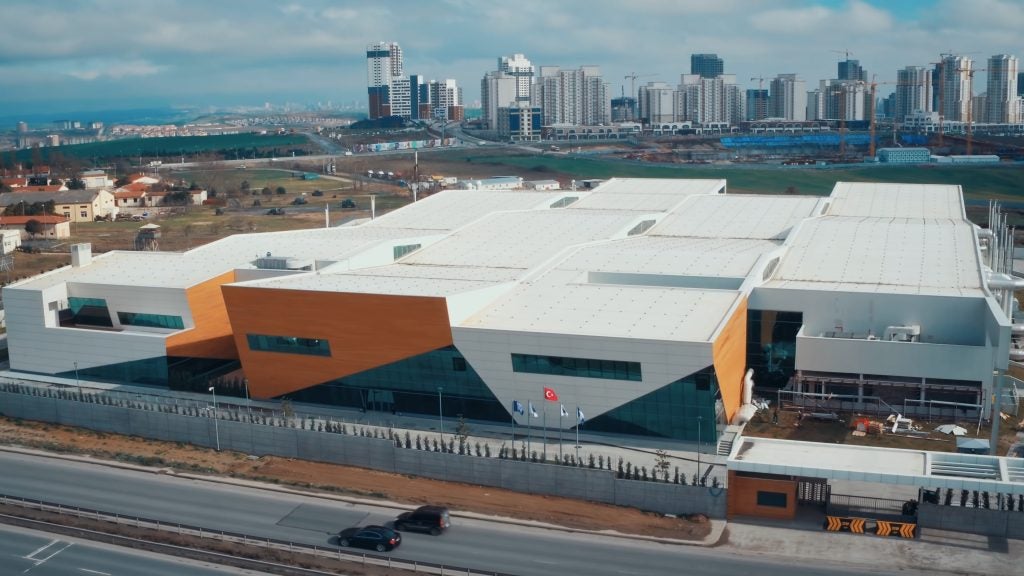Two Russian Journalists Deported After Arrest For “Illegal Filming” Near Baykar Facilities
Two Russian journalists have been released from Turkish police detention on Monday, following questioning at an Istanbul courthouse. They had been arrested last week for allegedly filming around Turkish drone manufacturer Baykar’s facilities in Istanbul without a permit. Baykar recently rose to prominence when their TB2 drone was put to very effective use by Azerbaijan during the Nagorno-Karabakh conflict.
The Istanbul Governor’s Office announced on 4th December, that two Russian nationals and one Turkish national had been detained by police the day before, near Baykar’s Istanbul facility. The press statement announcing their arrest stated that filming in the area required a permit, which they did not have.
The Russian Foreign Ministry announced the same day that it had lost contact with two Russian journalists in Istanbul after 3rd December, with the last proper contact with them being when they said that they had been arrested.
The journalists’ employer, the Russian NTV television channel, identified the two as journalist Alexei Petrushko and camera operator Ivan Malyshkin. The Turkish national arrested with them was said to be their interpreter, but was left unnamed. NTV editor-in-chief Alexandra Kosharnitskaya stated to TASS that they had been working on a story on Baykar’s Bayraktar drones, but denied knowing whether they were indeed filming at the time of their arrest.
Kremlin spokesman Dmitry Peskov stated on the 7th December, that Russian diplomats had been working with their Turkish counterparts to secure the release of the journalists, saying that he expected them to be “released shortly”. Following their release, the two were deported to Russia, arriving at Vnukovo Airport in Moscow on 8 December.
In related news, Baykar has announced that it has successfully carried out a live fire test of the indigenous CATS electro-optical sensor on 5th December. In the test, a Bayraktar TB2 outfitted with the sensor, used it to designate a target for an inert MAM-L micro-munition, with the MAM-L successfully striking the target. Other test flights the week before tested the Aselsan-made sensor’s ability to track fast-moving targets.
This test follows another video release by Baykar the day after the journalists’ arrest, which showed a test flight of the satellite communications-equipped variant of the TB2 from the point of view of a chase plane.

